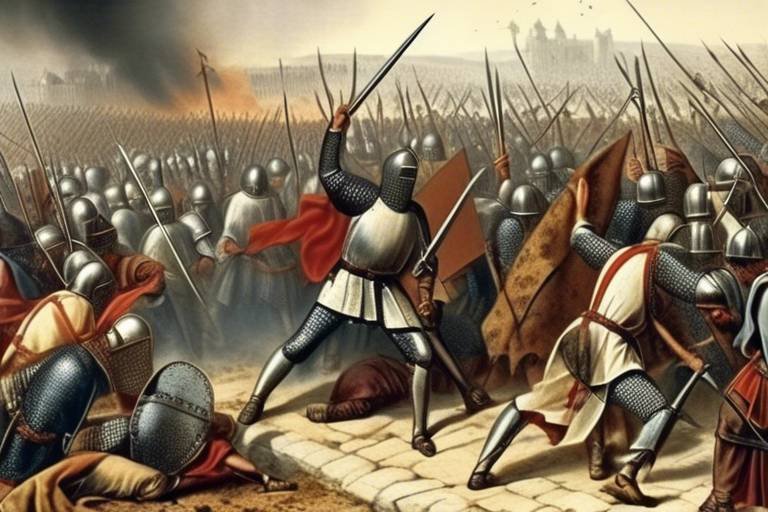The Influence of Ancient Greece on Modern Democracy
Ancient Greece holds a profound influence on modern democracy, shaping the very foundation of governance as we know it today. The democratic principles and practices established in ancient Greek city-states, particularly Athens, have left an indelible mark on contemporary political systems worldwide. The essence of citizen participation and equality in governance, championed by the Greeks, continues to resonate in the democratic ethos of nations across the globe.

Athens: The Birthplace of Democracy
Exploring how the democratic principles and practices of ancient Greece have shaped the modern concept of democracy, impacting political systems worldwide and emphasizing the importance of citizen participation and equality in governance.
Delving into the origins of democracy in Athens, examining the role of citizens in decision-making, the establishment of democratic institutions such as the Assembly and the Council, and the influence of Athenian democracy on contemporary governance.
Athens, known as the cradle of democracy, holds a significant place in history as the birthplace of democratic governance. In ancient Athens, the active participation of citizens in decision-making processes was foundational to the democratic system. The Athenian Assembly, where citizens gathered to debate and vote on laws, and the Council of 500, responsible for administrative functions, were key institutions that laid the groundwork for modern democratic practices.
The Athenian model of democracy, with its emphasis on direct citizen involvement and equality in decision-making, set a precedent for future political systems. The principles of accountability, transparency, and civic engagement that originated in Athens continue to influence contemporary governance structures around the world.
Furthermore, the spirit of democracy that flourished in Athens inspired generations to strive for inclusive and participatory forms of government, shaping the evolution of democratic ideals across different cultures and eras.
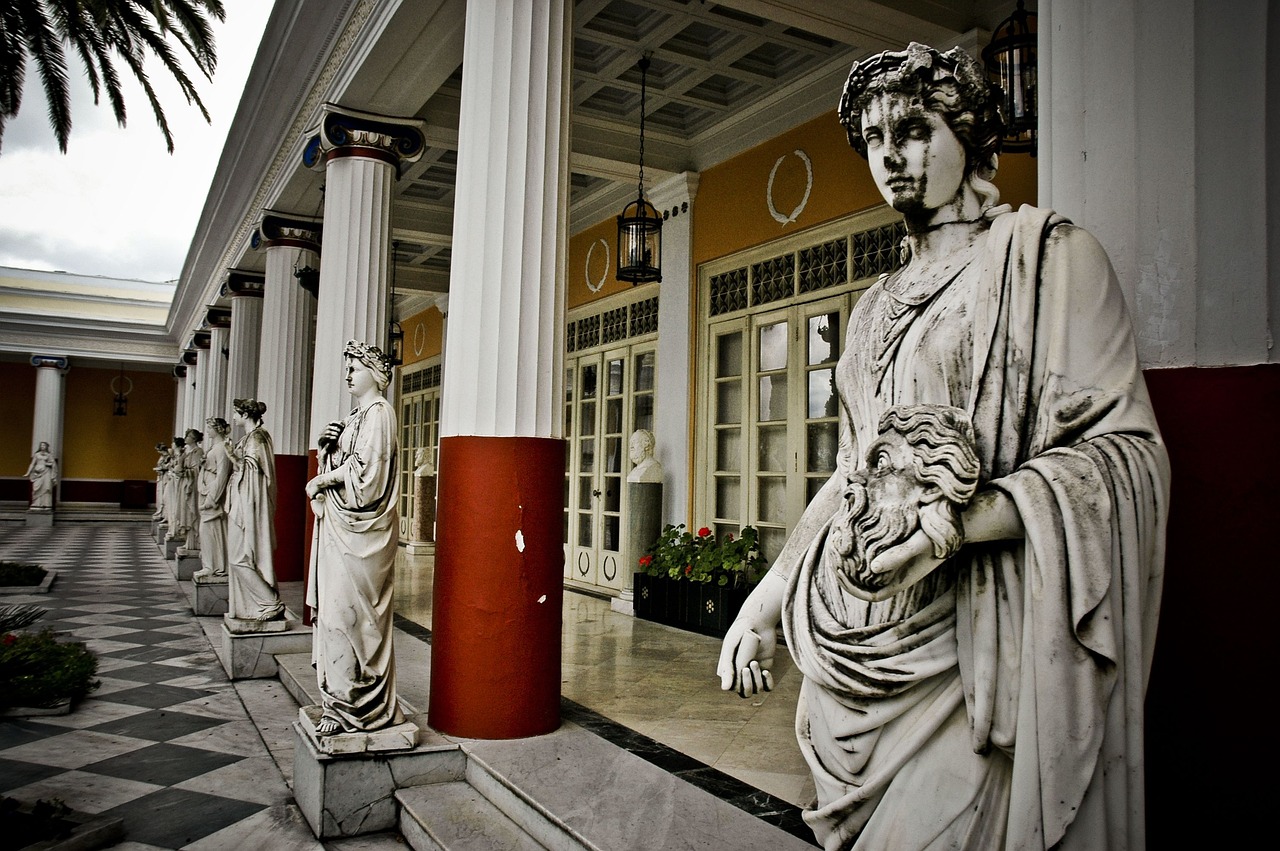
Philosophical Foundations of Democracy
The philosophical foundations of democracy can be traced back to the ancient Greek thinkers who pondered on governance, justice, and citizenship. Plato and Aristotle, two prominent philosophers of that era, contributed significantly to shaping the concept of democracy as we know it today. Plato, in his work "The Republic," envisioned a just society governed by philosopher-kings, emphasizing the importance of wisdom and virtue in leadership. Aristotle, on the other hand, believed in the rule of law and the middle way of governance, advocating for a system that balances the interests of the rich and the poor.
These ancient philosophers laid the groundwork for democratic principles such as participation, justice, and equality in governance. Their ideas on the value of citizenship and the responsibilities of individuals towards the community have resonated throughout history, influencing the development of democratic systems across the globe.
Moreover, the philosophical debates of ancient Greece on political ethics and public good continue to inform contemporary discussions on democracy. The notion of public deliberation and reasoned discourse in decision-making processes can be traced back to the intellectual legacy of these ancient thinkers, highlighting the enduring relevance of their ideas in the modern world.

Olympian Influence on Democratic Ideals
The Olympian influence on democratic ideals can be traced back to the ancient Greek Olympics, which served as more than just a sporting event. These games were a celebration of physical prowess, fair competition, and the pursuit of excellence, embodying values that resonated with the democratic principles of ancient Greece. The emphasis on equality among athletes, regardless of their background or status, mirrored the democratic ideal of equal opportunity for all citizens.
Moreover, the concept of meritocracy, where individuals are rewarded based on their abilities and achievements rather than their social standing, was a fundamental aspect of the Olympic spirit. This emphasis on merit and fair play contributed to the development of democratic values such as justice, accountability, and the rule of law in ancient Greek society.
Through the Olympic Games, the Greeks promoted the idea of individual rights and freedoms, as athletes were granted the autonomy to compete on a level playing field, free from discrimination or undue influence. This promotion of individual autonomy and self-determination aligns with the democratic principle of protecting the rights of citizens and ensuring their participation in decision-making processes.
Furthermore, the Olympic truce, a tradition where warring city-states would temporarily cease hostilities to allow safe passage for athletes and spectators to the games, exemplified the commitment to peace and cooperation that underpinned democratic governance. This spirit of unity and mutual respect transcended political differences and fostered a sense of shared humanity among the diverse participants of the ancient Olympics.
In essence, the Olympian influence on democratic ideals highlights the interconnectedness of sports, citizenship, and governance in ancient Greece. By promoting values such as equality, meritocracy, individual rights, and peace, the Olympic Games contributed to the development of a democratic ethos that continues to inspire modern societies in their pursuit of a more just, inclusive, and participatory form of governance.
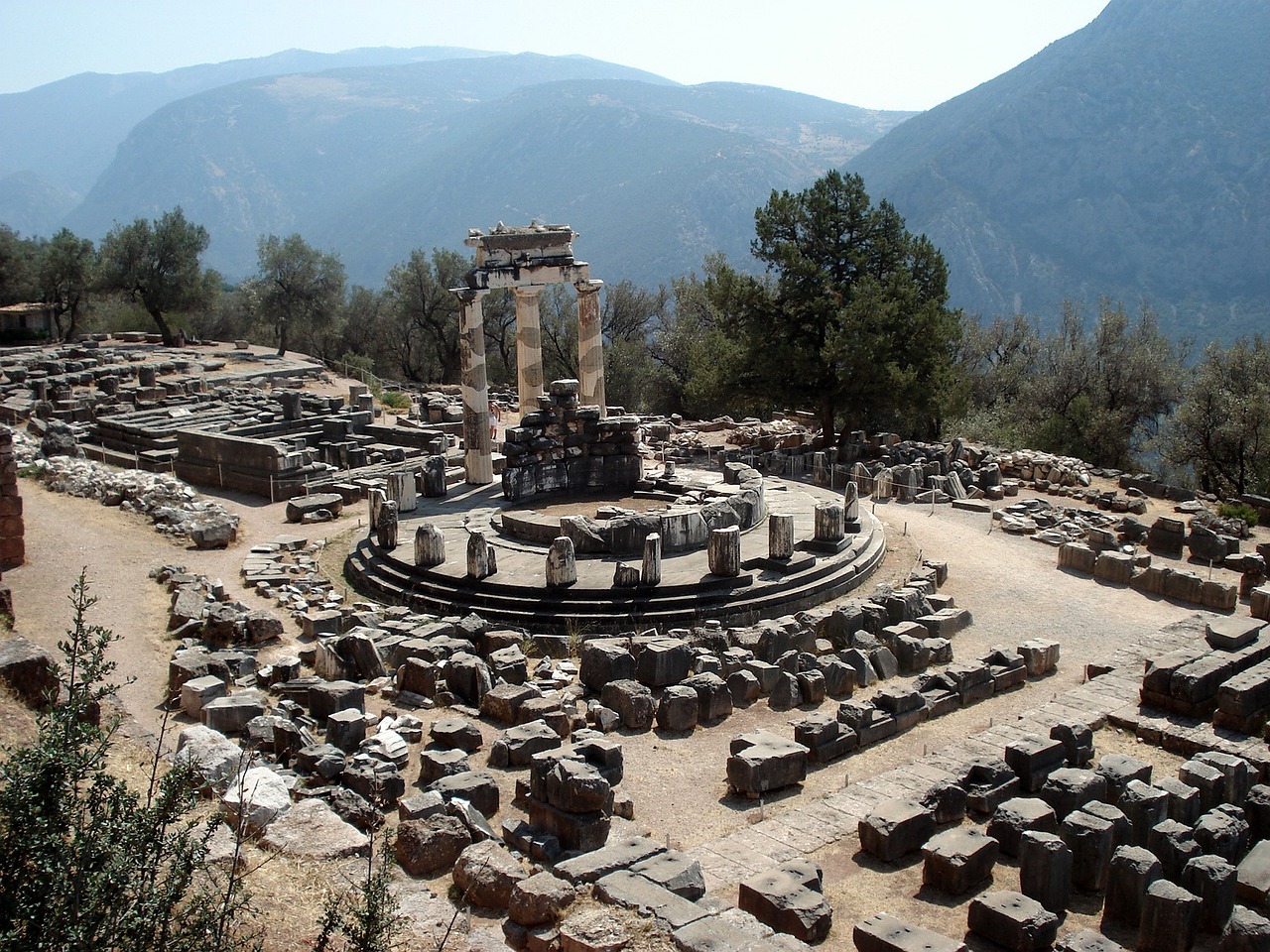
Legacy of Democratic Innovations
When examining the legacy of democratic innovations from ancient Greece, it becomes evident that many fundamental principles laid down by the ancient Greeks have stood the test of time and continue to shape modern democratic systems. One of the key contributions is the concept of rule by law, which emphasizes that all individuals, including those in power, are subject to the law. This principle serves as a cornerstone of modern democracies, ensuring accountability and preventing arbitrary rule.
Furthermore, the idea of the separation of powers, as advocated by thinkers like Aristotle, has been integral to the development of democratic governance. This concept entails the division of governmental responsibilities among different branches, such as the executive, legislative, and judicial, to prevent the concentration of power in any one institution. By dispersing authority, the system can maintain checks and balances, fostering a more stable and equitable society.
Ancient Greece also championed the protection of individual freedoms, a notion that continues to resonate in contemporary democratic societies. The recognition of basic rights and liberties, such as freedom of speech, assembly, and religion, underscores the importance of safeguarding the autonomy and dignity of every citizen. These principles not only ensure personal liberty but also contribute to the flourishing of diverse perspectives and ideas within a democratic framework.
Moreover, the legacy of democratic innovations from ancient Greece extends to the idea of citizen participation in governance. The concept of direct democracy, where citizens have a direct say in decision-making processes, has inspired modern forms of participatory democracy and grassroots movements. By empowering individuals to engage actively in political affairs, democratic systems can better reflect the will and interests of the populace, fostering a more inclusive and responsive government.
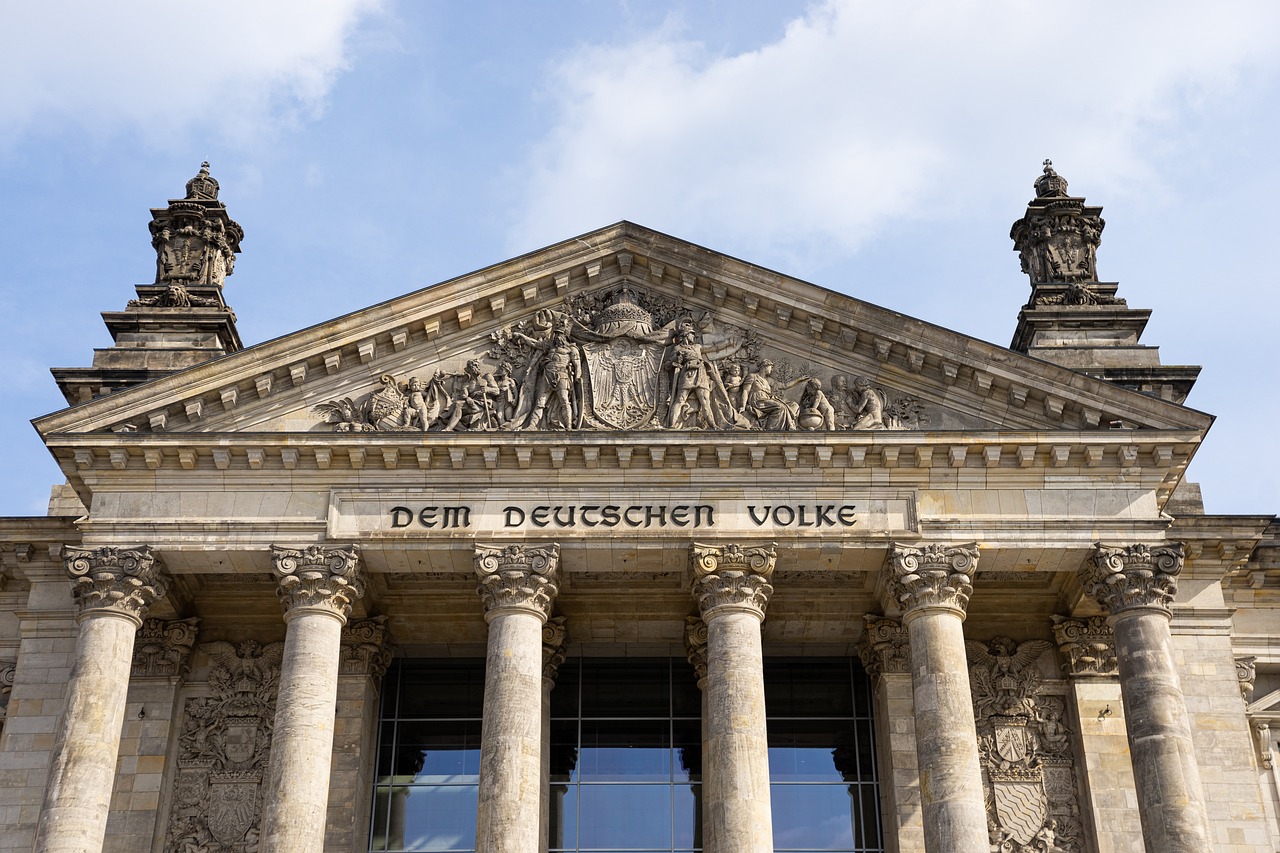
Democratic Evolution and Adaptation
The journey of democracy from its ancient Greek roots to its modern-day manifestations is a tale of adaptation and evolution, shaped by historical events and societal transformations. Just like a river carving its path through the landscape, democracy has meandered through different eras, adapting to the changing needs and aspirations of societies.
In ancient Greece, democracy was a fledgling concept, a bold experiment in citizen governance that laid the groundwork for future political systems. As time passed, this seed of democracy took root in various parts of the world, sprouting new branches and evolving into different forms. Like a tree growing taller and stronger with each passing year, democracy underwent transformations, absorbing influences from diverse cultures and contexts.
The Magna Carta in medieval England, the French Revolution, and the American Revolution are just a few milestones in the democratic journey, marking pivotal moments of change and progress. These historical events shaped the evolution of democratic principles, introducing concepts such as constitutionalism, representation, and civil liberties.
Moreover, the Industrial Revolution and the rise of mass movements in the 19th and 20th centuries brought new challenges and opportunities for democracy. As societies became more complex and interconnected, the need for inclusive and responsive governance became paramount. Like a chameleon adapting to its surroundings, democracy evolved to meet the demands of a rapidly changing world.
Today, in the digital age, democracy faces new challenges and opportunities, with technology reshaping the ways in which citizens engage with their governments. From online voting to social media activism, the tools of democracy have expanded, offering new avenues for participation and accountability. Like a phoenix rising from the ashes, democracy continues to adapt and evolve, drawing strength from its ancient roots while embracing the possibilities of the future.

Challenges to Democratic Values
Democracy, with its core values of citizen participation, equality, and freedom, faces numerous challenges in the contemporary political landscape. One of the primary challenges is the rise of populism, where leaders appeal to the emotions and prejudices of the public rather than rational discourse and informed decision-making. This trend can undermine the principles of democracy by eroding trust in institutions and promoting divisive politics.
Another significant challenge is the growing polarization within societies, where political ideologies become increasingly entrenched, leading to gridlock and a lack of consensus on key issues. This polarization can hinder effective governance and compromise the ability of democratic systems to address complex problems through cooperation and compromise.
Furthermore, threats to freedom of expression, such as censorship, propaganda, and disinformation, pose a serious challenge to democratic values. In an era of digital communication and social media, the spread of misinformation can manipulate public opinion, distort political debates, and undermine the foundation of an informed citizenry essential for a healthy democracy.
Addressing these challenges requires a concerted effort to uphold the fundamental principles of democracy, including transparency, accountability, and respect for human rights. By promoting civic education, fostering dialogue across diverse perspectives, and strengthening democratic institutions, societies can mitigate the risks to democratic values and ensure the resilience of democratic governance in the face of evolving challenges.

Global Impact of Greek Democracy
The global impact of ancient Greek democracy cannot be overstated. The principles and practices of Athenian democracy have reverberated across time and space, influencing political systems and societies worldwide. From the concept of citizen participation to the rule of law, the legacy of Greek democracy continues to shape the quest for democratic governance on a global scale.
One of the key aspects of Greek democracy that has had a profound impact globally is the emphasis on citizen participation in governance. The idea that ordinary people have a voice in decision-making processes was a revolutionary concept in ancient Greece and has since become a foundational principle of modern democracies. The notion that every citizen has a stake in the functioning of the state has inspired movements for political inclusion and representation around the world.
Furthermore, the importance of accountability in democratic governance, another core tenet of Greek democracy, has resonated across different cultures and political systems. The idea that those in power should be held responsible for their actions and decisions has been instrumental in promoting transparency and integrity in government institutions globally.
The rule of law, a fundamental principle of Greek democracy, has also left a lasting impact on modern legal systems. The concept that all individuals, regardless of their status, are subject to the same set of laws and regulations has been central to the development of fair and just societies worldwide. The idea of legal equality and the protection of individual rights are direct legacies of the democratic innovations of ancient Greece.
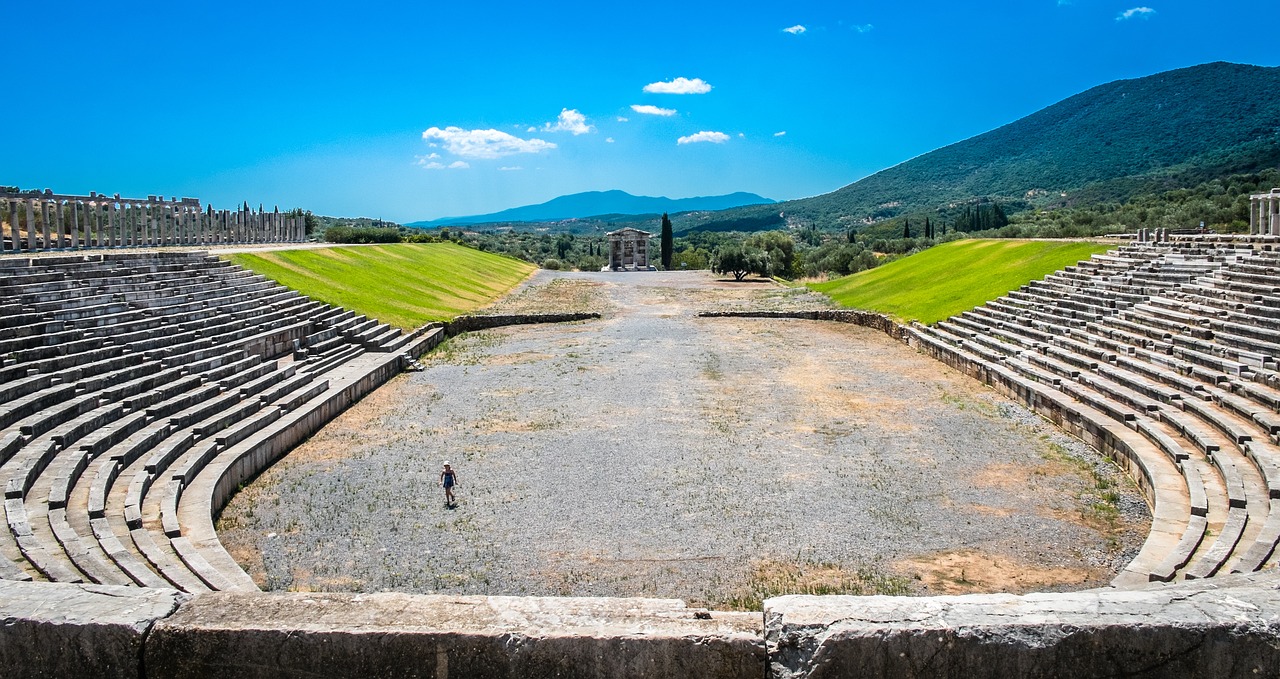
Lessons for the Future
Reflecting on the enduring lessons of ancient Greek democracy provides valuable insights for the future of democratic governance. The importance of civic engagement emerges as a cornerstone for sustaining democratic values in society. Citizens actively participating in decision-making processes and holding their representatives accountable are vital aspects that ancient Greece exemplified and modern democracies should strive to uphold.
Furthermore, political education plays a crucial role in ensuring the preservation of democratic principles. Educating individuals about the foundations of democracy, their rights, and the responsibilities that come with citizenship fosters a more informed and engaged populace. Just as the ancient Greeks valued the civic duty of every citizen, contemporary societies can benefit from promoting a culture of political awareness and participation.
Moreover, the preservation of democratic values in an increasingly interconnected and complex world requires continuous adaptation and innovation. Drawing inspiration from the democratic evolution that ancient Greece underwent, modern societies must be willing to adapt their institutions and practices to meet the challenges of the present and future. By remaining flexible and responsive to changing circumstances, democratic systems can remain resilient and effective.
Frequently Asked Questions
- What is the significance of ancient Greek democracy?
Ancient Greek democracy holds immense significance as it laid the foundation for modern democratic principles and practices. It emphasized citizen participation, equality, and the rule of law, shaping governance systems globally.
- How did Athens contribute to the development of democracy?
Athens, known as the birthplace of democracy, established democratic institutions like the Assembly and the Council, where citizens actively participated in decision-making. This direct democracy model influenced contemporary governance structures.
- What role did ancient Greek philosophers play in shaping democracy?
Ancient Greek philosophers such as Plato and Aristotle contributed significant ideas on governance, justice, and citizenship, which continue to influence modern political thought and practice, highlighting the intellectual foundation of democracy.
- How have democratic values evolved from ancient Greece to the present?
The evolution of democratic ideals from ancient Greece to modern times reflects adaptations to societal changes and challenges. Concepts like individual freedoms, separation of powers, and citizen rights have been incorporated into diverse democratic systems.
- What lessons can we learn from ancient Greek democracy for the future?
Ancient Greek democracy offers lessons on civic engagement, political education, and the preservation of democratic values in a complex world. These insights guide efforts to enhance democratic governance and uphold fundamental principles.















